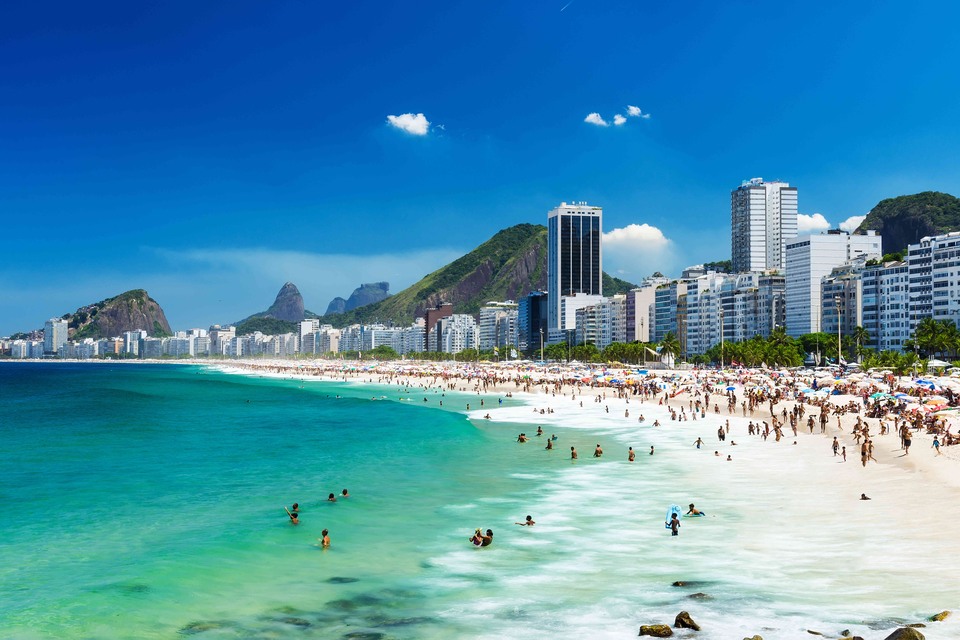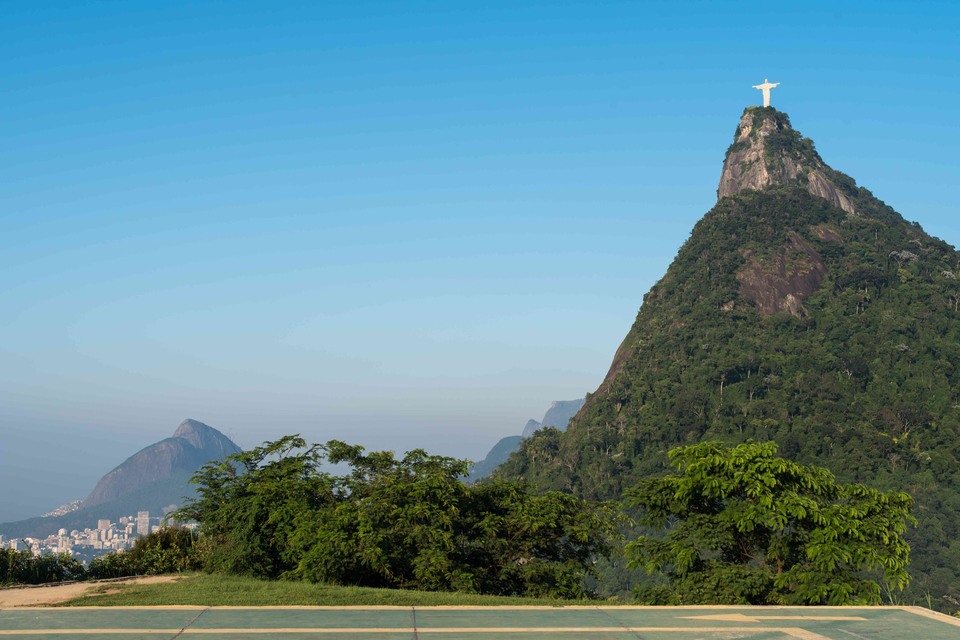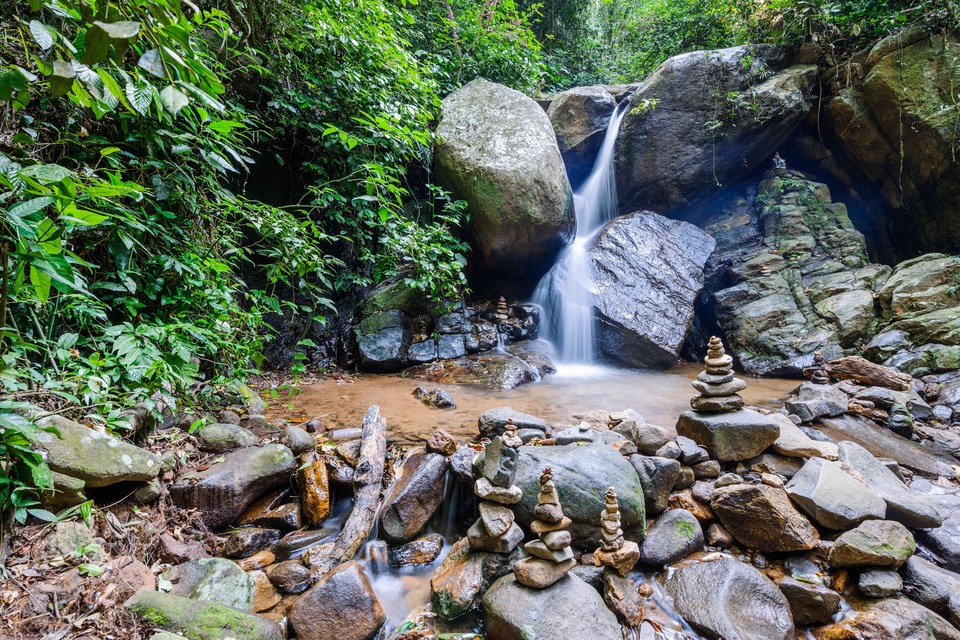Between its luxury neighbourhoods and its forgotten favelas, Rio is the city of a great discrepancy. Between 2008 and 2013, some developers tried to mitigate this gap but instead, they created a true real-estate bubble. Since then, the housing market may have entered in a stable low period despite the 2016 Olympic Games effect.
This growing city is constantly in expansion: with 50,000 inhabitants in the 1980s, it now hosts more than 400,000 cariocas. However, the country is facing a political uncertainty and an economic crisis, which led to a 20% decrease of the housing prices. All these elements seduced foreign investors as the Brazilian currency is weak. Besides, there is a large number of available properties on the market and the possibility to buy them at attractive prices made Brazil a kind of Eldorado with real housing opportunities.

In Brazil, there are special rules regarding property: – the general rule is that the owner of the soil also owns the subsoil. Owner is able to make vertical constructions up to a reasonable depth, such as to build a basement or a subterranean garage. Owner cannot prevent the use of the subsoil for some activities, such as soil drilling for subway rails, passageway for conduit devices...
Foreign investors have the same rights as local citizens to acquire real estate property, except for special cases (rural lands, mining land, property near the coast or frontier...) and Foreigner with residence in Brazil cannot acquire more than an area equivalent to 50 units of rural property called “módulos rurais”. Foreign entity can only acquire rural property for agricultural purpose, industrialization, and other specific projects, duly approved by the Brazilian Agricultural Ministry or the Department of Trade and Industry.
It is advisable to count with a legal assistance for the acquisition of a real estate in Brazil. The lawyer will verify the certificates and possible burdens or impediments for the acquisition, elaborate all legal documents, and make sure that the transaction is safe for the buyer.






